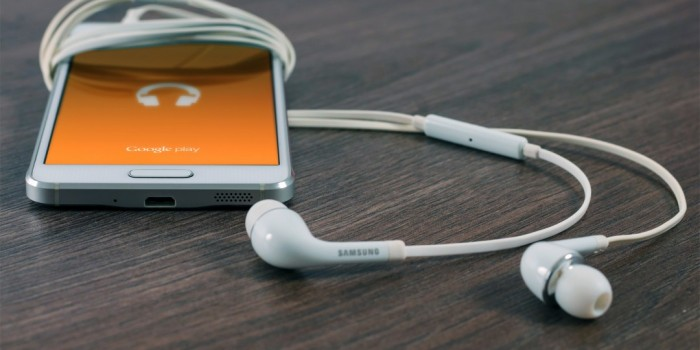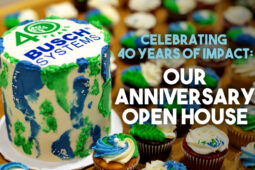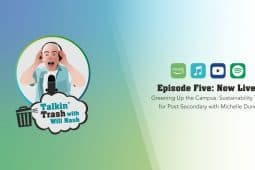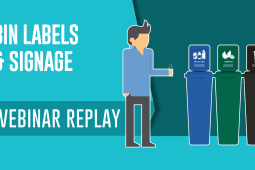Coffee Cups – A Recycling Conundrum
North America has a bit of an obsession with coffee, it’s an integral part of many a person’s day. It helps us get work done, tolerate our loved ones and co-workers before 11 am, and may very well have prevented millions of non-caffeinated related crimes from occurring.
With our busy, go-go lives, we often have to enjoy coffee on the run, in disposable coffee cups. You know the one’s, you often see them in ditches, roadside embankments, in parks, on the floor of your car. They’re often so prevalent in nature you’d think there’s a special species of tree, hidden from sight but constantly losing coffee cups like a sapling in a November windstorm.
Of course, there’s no magical coffee cup tree. The reality is that nearly 4 billion coffee cups are thrown away in the United States, and 1.5 billion are tossed in Canada annually.
So what’s one to do with disposable coffee cups? The answer is as clear as a medium double-double (that’s two creams and two sugars for our non-Canadian readers).

![]()
The Problem with Disposable Coffee Cups
The interior of a paper cups is coated with plastic or wax to keep its contents from leaking, to control temperature, and increase durability.
This coating is very difficult to separate from the paper cup, making recycling coffee cups incredibly difficult. It is possible, but it involves a specialized process that only a handful of communities have access too.
Companies like Starbucks and Tim Horton’s offer coffee cup recycling, but only at a small portion of their locations. This is due in part to many of the communities they’ve set up shop in not being able to recycle plastic or waxed lined paper cups properly.

![]()
What’s a Coffee Lover to do?
Up until there’s a market for these materials, coffee cup recycling programs will only be available in larger cities like Toronto, Seattle, and San Francisco. Starbucks has been trying to implement coffee cup recycling, but the issue goes beyond producer responsibility.
The lack of a market for this material gives very little incentive for waste haulers and recycling centers to bother with adding the machinery needed to separate the plastic or wax coating from paper cups.
To the Coffee drinkers who buy several cups of coffee a week, you can lower your ecological impact by purchasing a reusable coffee mug. Many coffee shops will happily fill up your cup with a hot cup of Joe – hello caffeinated sanity and goodbye waste!
Better yet, some places reward you for bringing in a reusable cup by offering discounts off your cup of coffee!

![]()
Sustainable Solutions
When something is getting wasted by the billions, it’s hard to ignore the kind of impact that waste can have on the environment. Individuals, companies, and governments have proposed sustainable solutions to our love affair with coffee.
Besides the reusable mugs and discount incentives like mentioned above, there are other solutions to the coffee cup waste crisis. These include biodegradable coffee cups, biodegradable coffee cups embedded with seeds, a coffee cup return refund program, and a coffee cup tax (similar to a bag fee) that was suggested by a minister of parliament in the United Kingdom.
Unfortunately, biodegradable coffee cups are not widely available in coffee shops, the coffee cup return program is limited to Vancouver, and the tax on disposable cups was a suggestion but never made it into any new laws or regulations.
It might be easy to point the finger of blame here, but we’ve all had a part in this. Consumers, communities, corporations, governments, and manufacturers all have a role in contributing to the waste problem. We as consumers need to be diligent with our reusable cups, corporations need to offer better incentives to ditch single-serve coffee cups, manufacturers need to produce a viable product that communities can recycle, and governments need to enact legislation to combat this wasteful menace.
Now, you’ll have to excuse me, I’ve just had my fifth cup of coffee, and I can’t remember the last time I blinked.

![]()
Sources
http://earth911.com/recycling-guide/how-to-recycle-paper-cups/
http://www.cbc.ca/news/business/marketplace-tim-hortons-starbucks-coffee-cups-recycling-1.3278648
https://www.recyclenow.com/what-to-do-with/paper-coffee-cups
![]()






